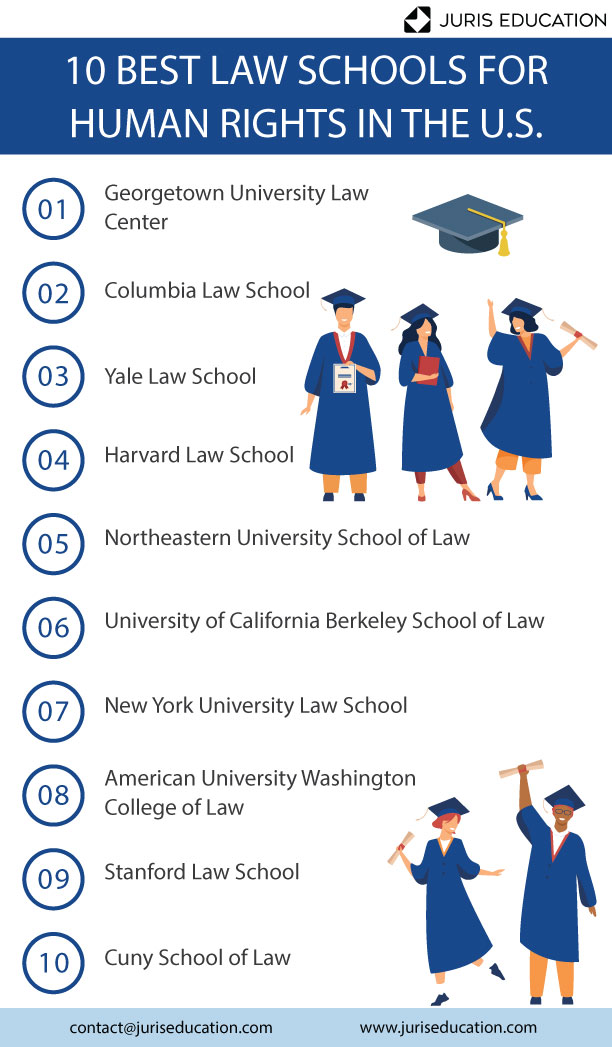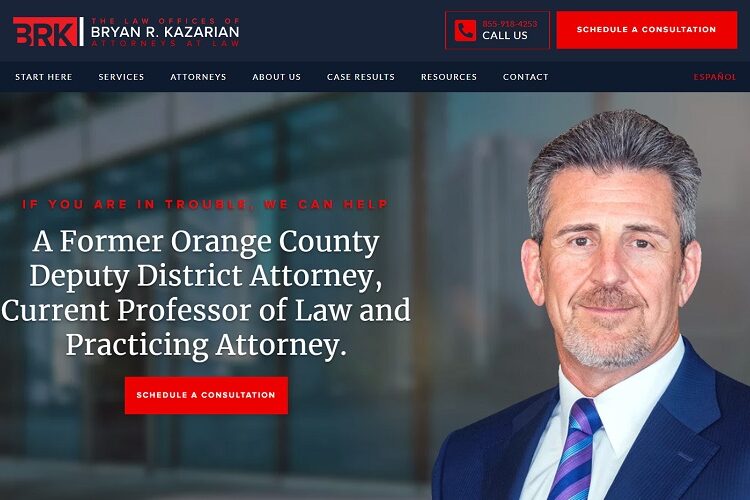Recent studies indicate a troubling increase in false domestic violence accusations, emphasizing the urgent need for effective legal strategies. While the legal system is designed to protect genuine victims, it also must uphold the rights of those wrongly accused. This guide aims to assist individuals in finding the best domestic abuse lawyer to secure a fair outcome in such complex situations.
Toc
- 1. Understanding the Complex Legal Landscape of Domestic Violence Allegations
- 2. Critical Defense Strategies for Domestic Violence Accusations
- 3. Selecting the Best Domestic Abuse Lawyer: A Step-by-Step Guide
- 4. Practical Survival Strategies for the Wrongly Accused
- 5. Real-World Case Study: Successful Defense Strategies
- 6. Related articles 02:
- 7. Psychological and Professional Recovery
- 8. Conclusion: Empowering the Wrongly Accused
- 9. Related articles 01:
Understanding the Complex Legal Landscape of Domestic Violence Allegations

Navigating the complex legal maze of domestic violence accusations can feel overwhelming. The legal process involves multiple stages, each presenting unique challenges that require expert navigation. Securing the best domestic abuse lawyer is critical to protecting an individual’s rights, reputation, and future.
The Legal Investigation and Prosecution Process
When domestic violence allegations arise, the legal system follows a multi-stage investigation process:
- Initial Complaint Filing: The process typically begins when an individual files a complaint with law enforcement, detailing the alleged incident of domestic violence. This complaint initiates the investigation.
- Law Enforcement Investigation: After a complaint is filed, law enforcement officers will conduct an investigation, which includes interviewing the alleged victim, the accused, and any witnesses, as well as gathering physical evidence, such as photographs or medical reports.
- Potential Arrest and Arraignment: If law enforcement believes sufficient evidence supports the allegations, they may arrest the accused. Following the arrest, the accused will be arraigned, where they will hear the charges against them and enter a plea.
- Pretrial Hearings: After arraignment, the case proceeds to pretrial hearings, where both parties can present motions and evidence. This stage is crucial for the defense, allowing them to challenge the prosecution’s evidence and build their case.
- Potential Trial Proceedings: If the case is not resolved through plea negotiations or dismissal, it will go to trial. Here, both sides will present their arguments, and a judge or jury will determine the outcome based on the evidence presented.
Each stage presents unique challenges that demand expert legal navigation. Jurisdictional variations between states like New York and New Jersey further complicate the legal landscape, making specialized legal representation essential.
The Burden of Proof in Domestic Violence Cases
In criminal cases, the burden of proof lies with the prosecution, which must establish the defendant’s guilt beyond a reasonable doubt. This high standard presents a critical opportunity for the defense to challenge the prosecution’s case. Understanding this legal principle is vital for anyone facing domestic violence charges, as it underscores the importance of having a skilled lawyer who can effectively advocate for the accused.
For example, in the case of State v. Doe, the defense successfully challenged the admissibility of hearsay evidence, a crucial component of the prosecution’s case. This resulted in the dismissal of charges. Conversely, some argue that while the high burden of proof protects the innocent, it can also allow guilty parties to escape justice if the prosecution fails to present a perfectly airtight case. This highlights the constant tension between protecting individual rights and ensuring public safety.
Critical Defense Strategies for Domestic Violence Accusations

When faced with domestic violence allegations, having a robust defense strategy is paramount. Here are several common defenses that a best domestic abuse lawyer may utilize:
Challenging the Evidence
The prosecution must prove guilt beyond a reasonable doubt, a high legal threshold that provides significant opportunities for strategic defense. Key defense approaches include:
- Lack of Substantive Evidence: A strong defense will often focus on the absence of concrete evidence supporting the accusations. If the prosecution’s case relies heavily on testimony without corroborating evidence, the defense can argue that the allegations are unsubstantiated.
- Challenging Witness Credibility: The defense may seek to undermine the credibility of witnesses, including the alleged victim. This can involve presenting evidence that contradicts their statements or revealing motives that may lead to false accusations.
- Demonstrating Potential Motivations for False Accusations: In some cases, individuals may fabricate allegations for personal gain, such as during a contentious divorce or custody battle. A skilled attorney can explore these motivations and present them in court.
- Presenting Alternative Narratives: The defense can present an alternative version of events that casts doubt on the prosecution’s claims. This may involve witness testimony, video evidence, or other documentation supporting the accused’s side of the story.
Addressing Witness Testimony
Witnesses play a pivotal role in domestic violence cases. The defense must be prepared to scrutinize witness accounts and explore potential biases or inconsistencies. This can include:
- Cross-Examining Witnesses: The defense can challenge the reliability of witnesses during cross-examination, highlighting any contradictions or questionable motives.
- Gathering Additional Witnesses: Identifying and presenting witnesses who can corroborate the accused’s version of events can be instrumental in weakening the prosecution’s case.
Exploring Alternative Narratives
Building a compelling alternative narrative is essential for the defense. This involves:
- Collecting Evidence Supporting the Accused’s Account: This can include text messages, emails, or recordings that provide context or counter the allegations.
- Utilizing Expert Testimony: In some cases, expert witnesses can provide insights that support the defense’s narrative, such as psychological evaluations or domestic violence dynamics.
Common Legal Defense Frameworks
Mistaken Identity Defense
Proving the accused was not present during the alleged incident can completely dismantle prosecution arguments. This requires:
- Comprehensive Alibi Documentation: The accused must gather evidence demonstrating they were elsewhere when the incident occurred. This can include receipts, GPS data, or other forms of documentation.
- Witness Testimonies: Friends, family, or colleagues who can confirm the accused’s whereabouts during the alleged incident can be vital to building a strong defense.
- Verifiable Location Evidence: Surveillance footage or digital records (like social media check-ins) can provide additional support for an alibi.
Counterarguments: The prosecution may challenge the validity of the alibi by presenting contradictory evidence or questioning the reliability of the alibi witnesses.
Self-Defense Claims
Successfully arguing self-defense requires demonstrating:
- Reasonable Perception of Imminent Threat: The accused must prove that they believed they were in immediate danger of harm. This perception must be reasonable based on the circumstances.
- Proportional Response to Perceived Danger: The actions taken by the accused must be proportionate to the threat faced. If the accused used excessive force, it could undermine a self-defense claim.
- No Premeditated Aggressive Intent: The defense must show that the accused did not plan to harm the alleged victim but acted in response to a perceived threat.
Counterarguments: The prosecution might argue that the force used was excessive or that the perceived threat was not imminent, challenging the self-defense claim’s validity.
Additional Defense Strategies
- Lack of Proof: The cornerstone of any criminal case is the requirement for the prosecution to present sufficient evidence. If the prosecution fails to prove each element of the alleged crime beyond a reasonable doubt, the case can be dismissed. A competent domestic abuse lawyer will meticulously scrutinize the evidence presented against their client, looking for inconsistencies, gaps, or lack of corroboration.
- Intentional False Accusation: In some instances, individuals may falsely accuse another of domestic violence for various reasons, such as revenge, financial gain, or during contentious divorce proceedings. A lawyer can present evidence to highlight inconsistencies in the accuser’s narrative, examine their motives, and demonstrate a pattern of behavior that supports the claim of a false accusation.
- Coercion or Duress: In cases where the accused acted under duress or coercion, this defense may be applicable. It requires demonstrating that the accused was forced to act in a certain way due to threats or pressure from another party.
- Mental Health Issues: If the accused suffers from mental health conditions that impair their ability to understand their actions, this may serve as a defense. Expert testimony from mental health professionals can be instrumental in establishing this defense.
Selecting the Best Domestic Abuse Lawyer: A Step-by-Step Guide

Choosing the right legal representation is critical for anyone facing domestic violence charges. Here are essential steps to consider in the selection process:
Essential Qualifications to Evaluate
When seeking a domestic abuse lawyer, prioritize professionals with:
- Specialized Domestic Violence Case Experience: Ensure the lawyer has a robust background in handling domestic violence cases specifically. Knowledge of local laws and precedents can greatly influence the outcome.
- Proven Track Record: Look for attorneys with a history of successful outcomes in domestic violence cases. Client testimonials and case results can provide insight into their effectiveness.
- Deep Understanding of Local and State Legal Nuances: Different states have varying laws and procedures regarding domestic violence. A lawyer familiar with these nuances will be better equipped to navigate the legal landscape.
- Strong Investigative and Communication Skills: Effective communication is essential. The lawyer should be able to explain complex legal concepts clearly and keep clients informed throughout the process.
The American Bar Association (ABA) offers resources to help individuals find qualified attorneys, including those specializing in domestic violence cases. However, it’s important to note that even the most experienced lawyer cannot guarantee a win, as the outcome of a legal case depends on many factors. Some critics argue that the focus on finding a “best” lawyer can create unrealistic expectations and detract from the importance of thoroughly preparing one’s defense regardless of the attorney’s reputation.
Comprehensive Lawyer Selection Process
- Initial Research:
- Review bar association recommendations to find qualified attorneys.
- Examine online legal directories for potential candidates.
- Check professional references to gauge past performance and client satisfaction.
- Preliminary Consultation:
- Discuss case specifics and gauge the lawyer’s understanding of the situation.
- Evaluate communication style and determine if it aligns with your preferences.
- Understand the proposed defense strategy and how the lawyer plans to approach the case.
- Financial Considerations:
- Ensure transparent fee structures, including hourly rates or flat fees.
- Discuss potential payment plans or contingency arrangements if applicable.
- Clarify engagement terms to prevent misunderstandings later on.
Practical Survival Strategies for the Wrongly Accused

Facing false accusations can be an overwhelming experience. Here are practical steps to help individuals navigate this challenging situation:
Immediate Action Steps
- Preserve Evidence:
- Document all interactions related to the accusation, including conversations, texts, emails, and any other relevant communications.
- Collect potential witness contacts who can support your defense.
- Legal Communication Protocol:
- Avoid direct confrontation with the accuser, as this may escalate the situation.
- Limit communication with the accuser and defer all interactions through your legal counsel.
- Emotional and Professional Protection:
- Seek psychological support to help cope with the emotional toll of the accusations.
- Protect your professional reputation by being discreet about the situation and refraining from discussing it publicly.
- Engage an Attorney Immediately: The sooner you consult a lawyer, the better equipped you will be to navigate the legal process effectively. An attorney can help you understand your rights, options, and the best course of action.
Real-World Case Study: Successful Defense Strategies

Analyzing past cases can provide insight into effective defense strategies in domestic violence allegations. Here are two anonymized case studies illustrating successful outcomes:
1. https://laptoppanasonic.vn/mmoga-finding-the-best-divorce-attorney-orlando
3. https://laptoppanasonic.vn/mmoga-finding-the-best-lawyer-for-talcum-powder-lawsuits
5. https://laptoppanasonic.vn/mmoga-finding-the-best-divorce-attorney-san-diego-a-comprehensive-guide
Case Study 1: The Unfounded Accusation
Scenario: A man was accused of domestic violence by his ex-partner during a contentious custody battle. The prosecution’s case relied heavily on the accuser’s testimony, which lacked corroborating evidence.
Defense Strategy:
- The defense attorney conducted a thorough investigation, uncovering several inconsistencies in the accuser’s statements.
- Witnesses were located who could attest to the accused’s whereabouts during the alleged incident.
Outcome: Ultimately, the charges were dismissed due to insufficient evidence, showcasing the importance of a meticulous defense.
Case Study 2: Self-Defense Claim
Scenario: A woman faced domestic violence charges after an altercation with her partner. She claimed she acted in self-defense after her partner became aggressive.
Defense Strategy:
- The defense attorney gathered medical records showing injuries consistent with her account and secured eyewitness testimony supporting her claim.
Outcome: The jury ultimately found her not guilty, demonstrating the critical role of a strong self-defense argument supported by concrete evidence.
Psychological and Professional Recovery
Facing false domestic violence accusations requires emotional resilience and a strategic approach to recovery. Here are steps individuals can take to aid in their recovery:
- Seek Professional Help: Engaging with mental health professionals can provide support and coping strategies to deal with the emotional fallout from the accusations.
- Rebuild Relationships: It’s important to maintain connections with supportive friends and family who can help you through this difficult time.
- Focus on Personal Development: Use this challenging experience as an opportunity for personal growth. Engage in activities that enhance your skills, knowledge, and emotional well-being.
- Monitor Social Media Presence: Be cautious about what you share online, as public statements can impact legal proceedings and personal reputation.
- Plan for the Future: After the situation has been resolved, consider how to move forward positively. This might include seeking new employment, pursuing educational opportunities, or exploring new hobbies.
Conclusion: Empowering the Wrongly Accused
Finding the best domestic abuse lawyer represents more than just legal representation—it is about protecting fundamental rights and personal dignity. By understanding the legal landscape, developing strategic defenses, and selecting expert representation, individuals can effectively challenge false accusations and reclaim their lives.
The journey through false domestic violence allegations is challenging, but with the right legal support, justice and personal restoration are possible. If you or someone you know is in this situation, do not hesitate to reach out to a qualified domestic abuse lawyer to begin the process of clearing your name. Your future depends on the choices you make today.
1. https://laptoppanasonic.vn/mmoga-finding-the-best-lawyer-for-talcum-powder-lawsuits
2. https://laptoppanasonic.vn/mmoga-finding-the-best-divorce-attorney-orlando
4. https://laptoppanasonic.vn/mmoga-finding-the-best-divorce-attorney-san-diego-a-comprehensive-guide










